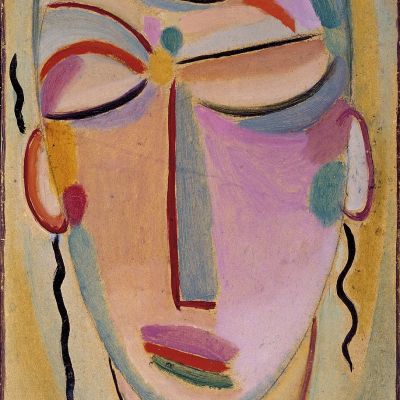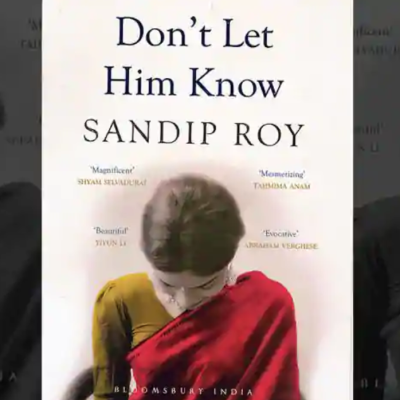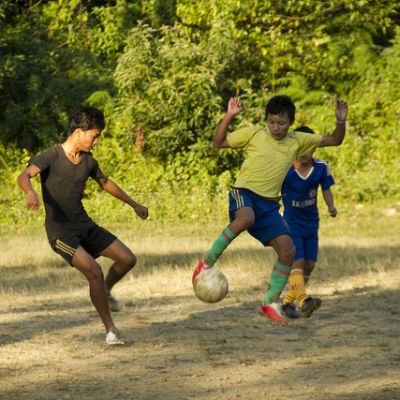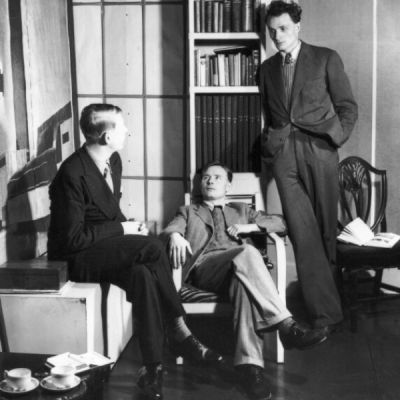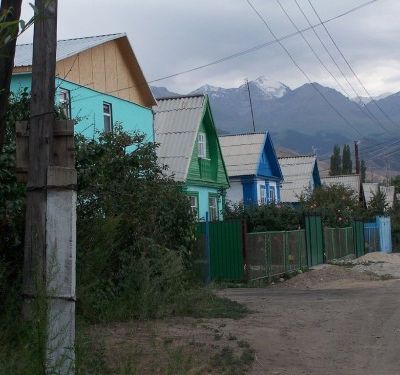Homosexuality
In this month’s issue of Play and Sexuality, Wesley D’Souza recounts the time his school put up a production of The Pied Piper of Hamelin, his preparations for its audition, and how the process was intertwined with an exploration and acceptance of his sexuality.
Wesley D’Souza recounts the time his school put up a production of The Pied Piper of Hamelin, his preparations for its audition, and how the process was intertwined with an exploration and acceptance of his sexuality.
In this month’s issue of Play and Sexuality, Wesley D’Souza recounts the time his school put up a production of The Pied Piper of Hamelin, his preparations for its audition, and how the process was intertwined with an exploration and acceptance of his sexuality.
It wasn’t that she had never heard of homosexuality; but, in her imagination, gay men and women were an exotic species, not real people who could, perchance, be fellow passengers on a bus, fellow shoppers at a mall, or a fellow beginner in a meditation class.
LGBT struggle must be an anti-caste struggle. This requires us to go beyond thinking of caste and sexuality as merely an intersecting point which may be occupied by some within LGBT identities.
Law is often violent – it incarcerates, shames our so-called deviance, and classifies who is worthy and not worthy of gaining access to rights and what kind of rights can be ceded at a particular moment. Yet, we believe we can change the law, make it sensitive to our existence
Roland Barthes writes in A Lover’s Discourse that we begin to think of ‘love’ as an idea only when our beloved or the object of desire has departed – either when love has failed, or in the absence of the lover – that is absolutely crucial to any theorisation of love.
Using silent actions and secret fulfillment of what society considers as sin and the law condemns as illegal, the text offers an example of the silence of resistance.
Loving sex has only opened doors for me to know more about the world and myself. It helps me love and appreciate myself more and also, to a fair bit, tolerate this hypocritical and violent world. It gives me hope.
The circulation of our bodily energies potentially ushers queer futurities. A future that is yet to come, a future in which our bodies will not be imprinted with fear. A future in which newer creative economies of desire, love, and pleasure surround us like the blue waters of the Indian Ocean. I write this brief reflection in hopes of such futures.
The Meitei queer’s tussle with sexuality continues to be a struggle jarred with discrimination, negation and moral policing through language.
Several recent mainstream Hindi films have dealt with issues of sexuality and gender not usually discussed in the intended audience’s drawing rooms.
Friendship has always remained a thinly coded term for same-sex love within queer discourses, and early writings in favour of…
In the spring of 2005, working with a medical NGO, I and five colleagues (two critical care flight paramedics, a…


